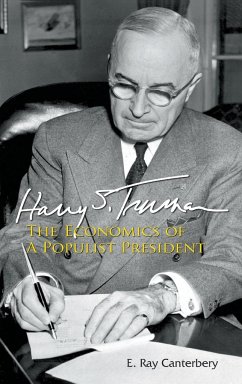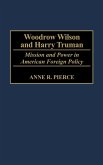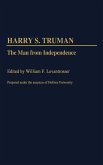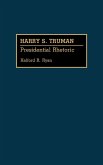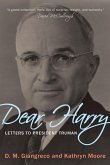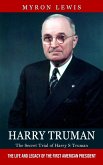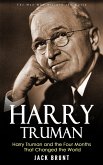Harry S Truman is best remembered as the President who witnessed the swift arrival of the Cold War in the tumultuous years after World War Two. Little however has been written to show that he was also the populist President who set the political economic course for the United States to win it merely 40 years later. In this timely biography, E Ray Canterbery captures the spirit of the man, who first and foremost, was a politician who crafted political progams such as the Fair Deal program, full-employment program, New Deal program, reconversion, stabilization, and agriculture progams through the lens of progressiveness. He focuses on Truman's populist economics by charting Truman's early years, the makings of his populist character, his beginnings in Washington, Communism and the Truman Doctrine, the campaign of 1948, the Marshall Plan, the firing of General MacArthur, and the Korean War. While the economic aspects of his term were fundamentally that of war and peace, Canterbery analyses in great depth Truman's economic policies and instruments, such as the Employment Act of 1946 and the President's Council of Economic Advisers (CEA) results of Truman's presidency that other authors of books on Truman have largely ignored. Harry S Truman: The Economics of a Populist President shows how Truman should be remembered: As a progressive politician who populist policies rank him among the "near great" Presidents in the tradition of William Jennings Bryan, Theodore Roosevelt, and Woodrow Wilson.

